Publications
Articles, publications, books, tools and multimedia features from the U.S. Institute of Peace provide the latest news, analysis, research findings, practitioner guides and reports, all related to the conflict zones and issues that are at the center of the Institute’s work to prevent and reduce violent conflict.
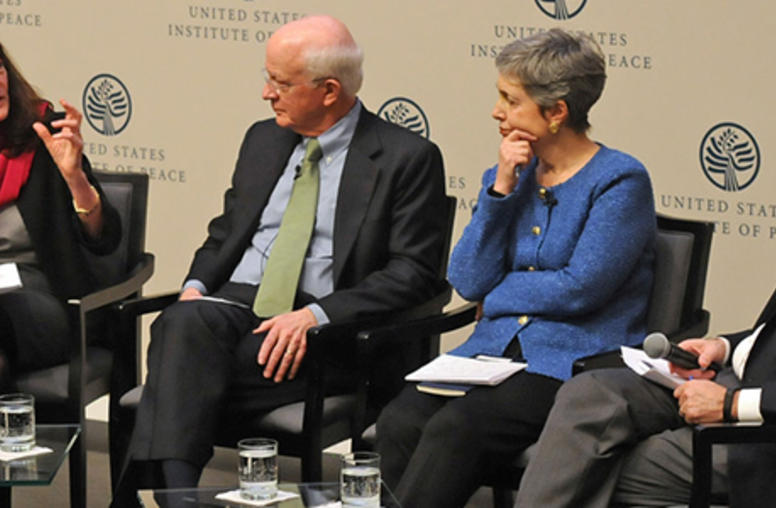
In a World of Syria and Ukraine, How Can Conflict Managers Adapt?
Today’s global political realities of chaos and violent conflict are well-captured by the declaration, “The center cannot hold.” It’s the title of the first chapter in a new book, Managing Conflict in A World Adrift, that dissects the shifts in international security and the tense debates about how to adapt. The trends were the subject of a recent discussion at USIP that featured co-editors Chester A. Crocker and Pamela Aall and expert authors, including an award winning marine ecologist.
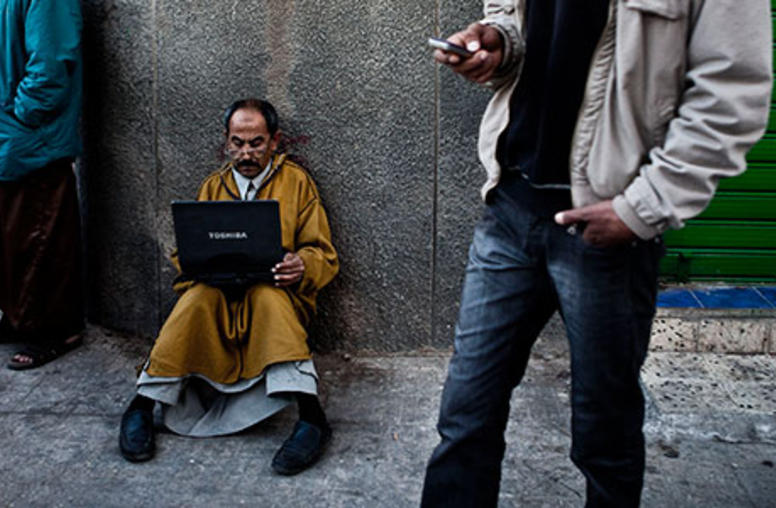
Peace, Inc.
To make their mark, the architects of peacebuilding's bleeding edge need to leave the government payroll and start their own industry.

The Crowd Who Would Be King
Technology is connecting people all over the world, giving them new power and a stronger voice. But is it making government any better?
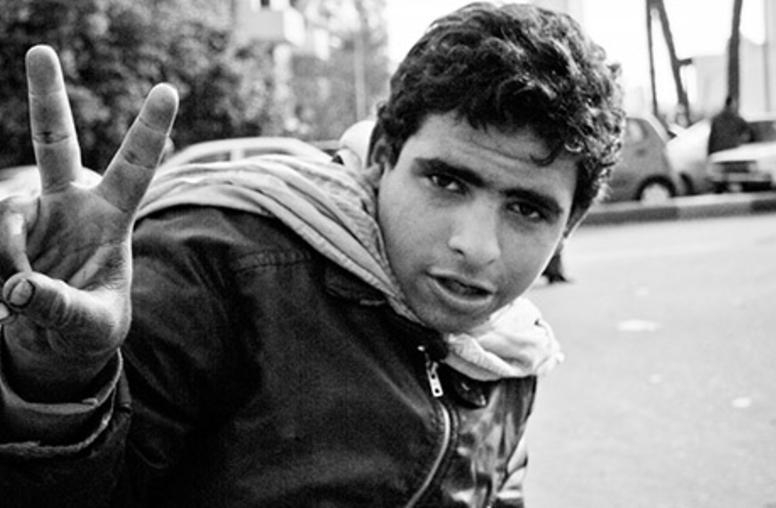
Can Big Data Stop Wars Before They Happen?
It has been almost two decades exactly since conflict prevention shot to the top of the peace-building agenda, as large-scale killings shifted from interstate wars to intrastate and intergroup conflicts.
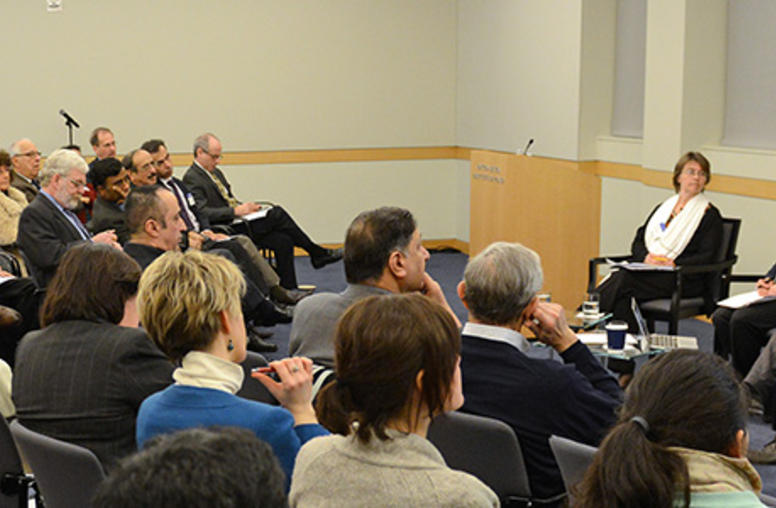
Pakistan’s Tumultuous Media May Play Surprising Role
Pakistan’s media are changing as rapidly – and with as much volatility – as the rest of the country, and the debate over whether its role has been helpful or destructive to the nation’s emerging democracy can be equally vociferous. Two recent research projects examined elements of that question and largely found that the media may be more constructive than most observers think.
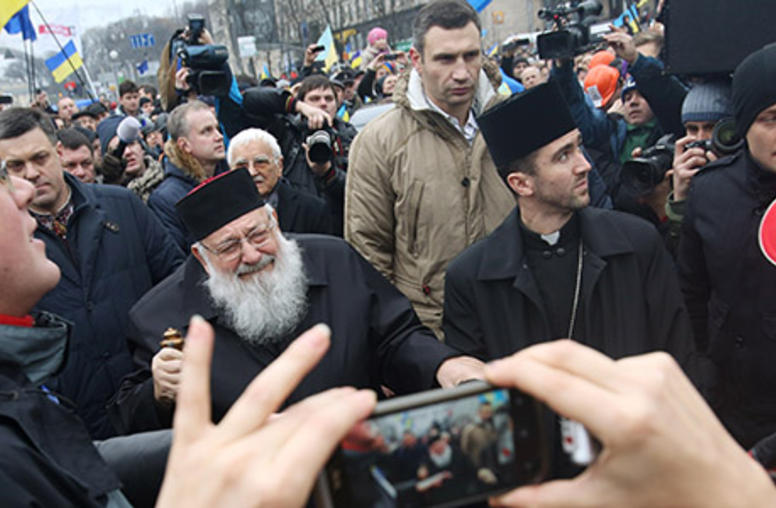
Media That Moves Millions
Three years to the month since protests swept across the Middle East, the new year once again sees peaceful demonstrators facing off against hardened and sometimes violent security forces, this time in the Ukraine. And like in the Arab Spring, social media is being said to play a significant and potentially decisive role in empowering Euromaidan protesters in ways that couldn't have been imagined a decade ago.
Syria’s Socially Mediated Civil War
Sheldon Himelfarb, the director of USIP’s PeaceTech Initiative, which sponsored the research, talked with Syria Deeply about his team’s process and findings.
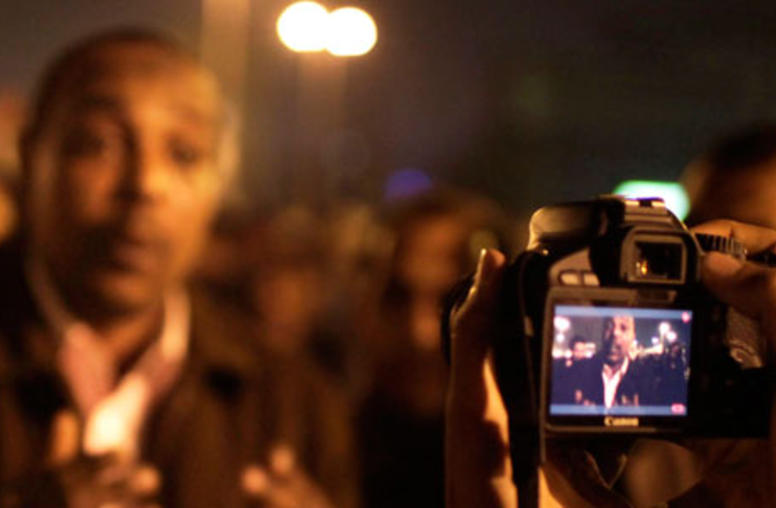
The Parochial Web
In July 2010, renowned Internet research scholar Ethan Zuckerman gave a TED Talk on “Listening to Global Voices.” He describes how, while the infrastructure of the Internet might create new opportunities for us to have conversations across geographic and cultural boundaries, in reality, we tend to connect with people most like us. As in the offline world, on the Internet, birds of a feather flock together.

The Real eHarmony
When 2013 began, there was still smoldering controversy over the Innocence of Muslims movie "trailer" that had gone viral, sparking riots across the Middle East that left 50 dead and reportedly fueling the attack on the U.S. diplomatic mission in Benghazi. A year prior, an attack on a United Nations compound in Afghanistan that left at least 12 dead was spurred by the pastor of a tiny church in Gainesville, Fla., who publicized his planned Quran burning online.
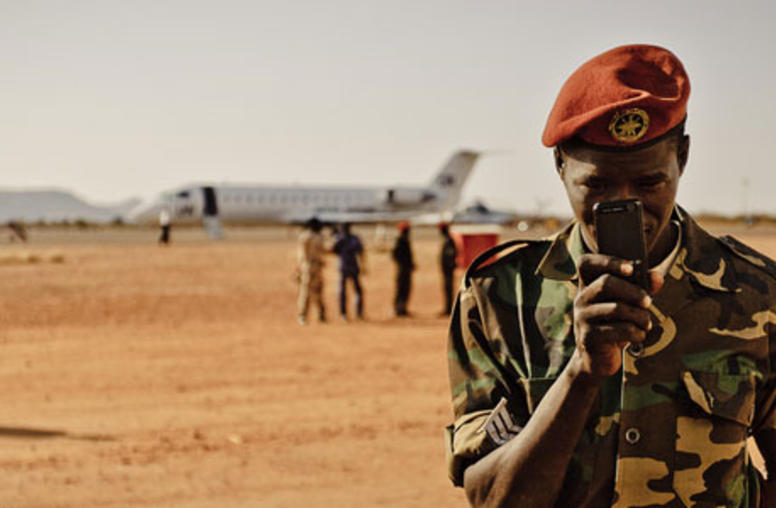
Far From the Madding Crowd
On Saturday, Nov. 23, for the third evening in a row, the website Aymta.com sent a text message and e-mail blast to its subscribers, saying that a scud missile had been launched from Damascus, on its way to the northern Syrian city of Ar-Raqqah. Residents there had about ten minutes to shelter themselves however they could.